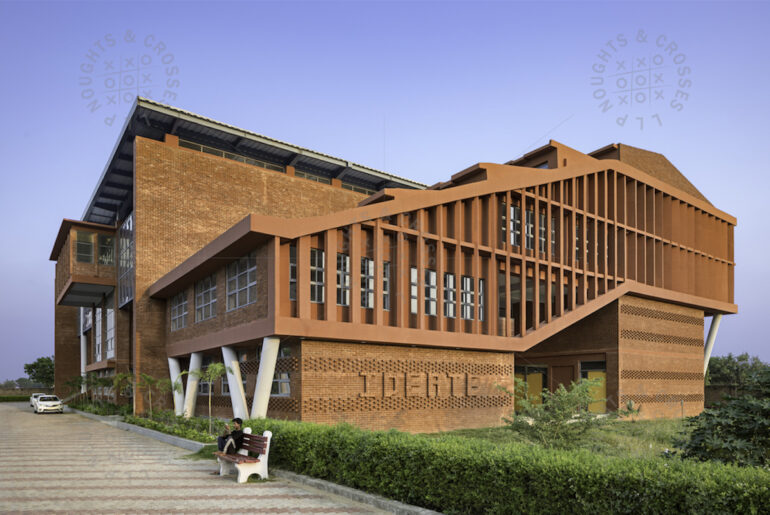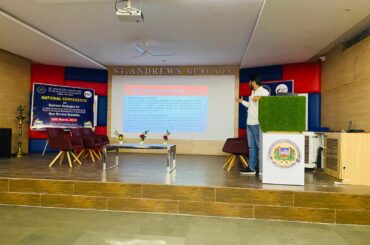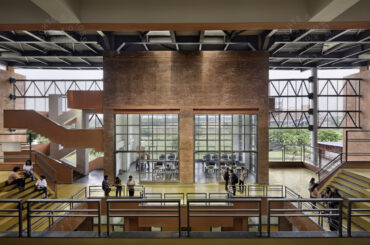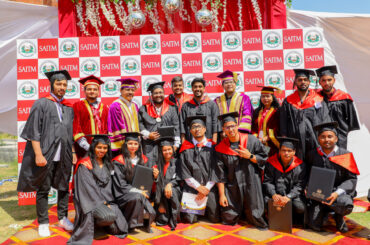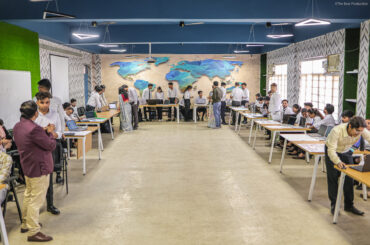B Tech Degree
A Bachelor of Technology (B.Tech) is an undergraduate degree awarded to students who complete a four-year program in engineering and technology. The curriculum is designed to provide a strong foundation in theoretical, technical and practical training of engineering, covering subjects such as mathematics, physics, chemistry, and various specialized courses depending on the chosen branch of engineering.
The B Tech degree typically includes specializations such as Computer Science Engineering, Mechanical Engineering, Electrical Engineering, Aerospace Engineering, Civil Engineering, Electronics and Communication Engineering, and more. The coursework combines lectures, laboratory work, projects, and internships, ensuring Btech students gain hands-on experience and industry-relevant skills.
In the first year, Btech students generally study common subjects to build a broad understanding of engineering principles. From the second year onwards, they delve deeper into their chosen specialization. Projects and internships play a crucial role in providing applied exposure and enhancing employability.
Graduates of BTech courses have diverse career opportunities in industries such as IT, manufacturing, construction, automotive, telecommunications, and more. They can work as software developers, civil engineers, computer science engineers, mechanical engineers, electrical engineers, or in various other roles. Additionally, B.Tech graduates can pursue higher studies such as M.Tech, MBA, or even Ph.D. to further specialize and enhance their career opportunities.
Some of the most opted courses in India and St. Andrews college or different Engineering college or Management colleges are as follows:-
- Btech
- Btech CSE
- Btech ETCE
- MTech
- BCA
- BBA
- MBA
- MCA
- DPharma – St. Andrews College of Pharmacy
- BPharma – St. Andrews College of Pharmacy
- BArch – St. Andrews College of Architecture
B Tech Course Duration
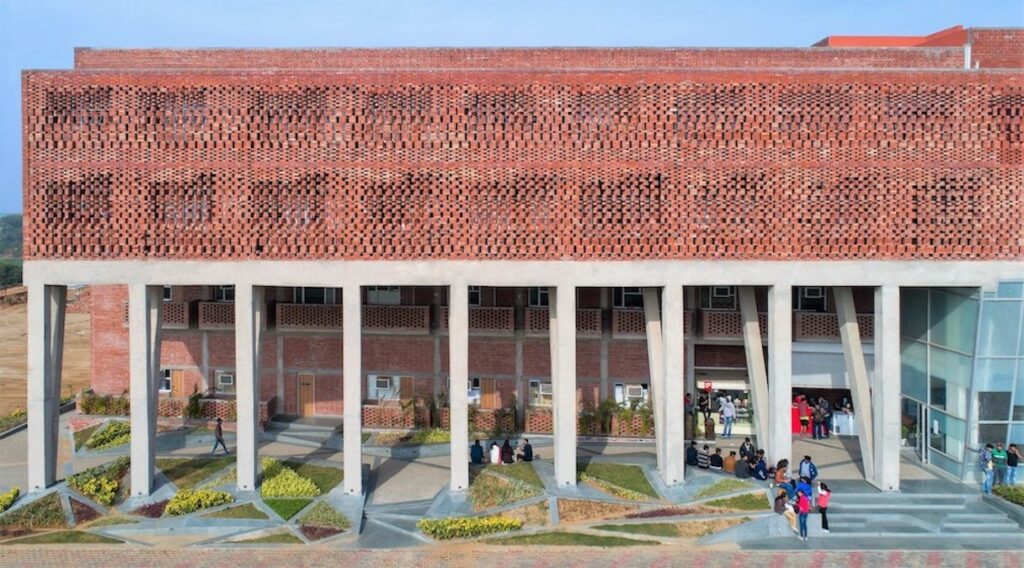
The duration of a Bachelor of Technology (B.Tech) degree is typically four years, divided into eight semesters. Each semester spans approximately six months and includes a combination of theoretical coursework, practical lab sessions, and project work.
The curriculum is designed to build a strong foundation in core engineering principles during the initial semesters, followed by specialization courses in the chosen field.
Some institutions may also include industrial training or internships as part of the B Tech degree to provide real-world experience.
This structure ensures a comprehensive technical education, preparing students for professional careers or further studies in engineering and technology.
B Tech Degree Details
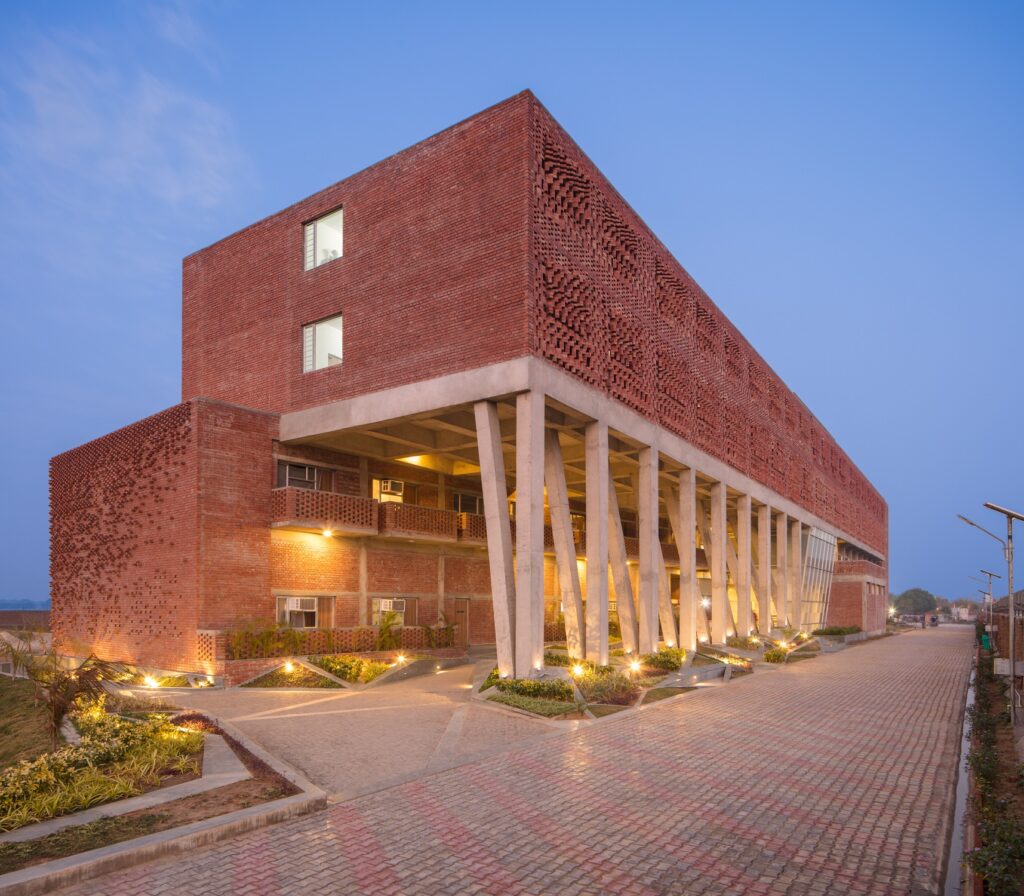
BTech degree is a professional undergraduate engineering degree awarded after the completion of a four-year program of studies at an accredited university or accredited university-level institution.
Here are the key details:
Duration: The standard duration of a B.Tech program is four years, divided into eight semesters.
Eligibility: Candidates typically need to have completed their 10+2 education with Physics, Chemistry, and Mathematics as core subjects. Admission is usually based on performance in national or state-level engineering entrance exams.
Curriculum: The curriculum includes a mix of core engineering concepts, elective subjects that focus on specific areas of interest, and practical hands-on training in labs. The first year usually covers basic sciences and fundamentals of engineering, while later years focus on specific branches like Mechanical, Electrical, Civil, Computer Science, etc.
Specializations: B.Tech offers various specializations such as:
- Computer Science and Engineering
- Mechanical Engineering
- Electrical and Electronics Engineering
- Civil Engineering
- Chemical Engineering
- Aerospace Engineering
- Biotechnology
- and many more.
Assessment: Assessment typically involves a combination of written exams, projects, and lab work. Some colleges also include internships and industrial training as part of the curriculum.
Career Opportunities: Graduates can pursue careers in engineering fields, IT, software development, project management, consulting, and many other areas. Some graduates choose to further their studies by pursuing master’s degrees like an M.Tech or MBA.
Colleges: B.Tech degrees are offered by numerous engineering colleges across the world including prestigious institutions like the IITs in India, MIT in the USA, and many others globally.
B Tech Degree Fees in India

Here’s a general overview of the B.Tech Fee Structure:
Government BTech Colleges
IITs (Indian Institutes of Technology)
- Annual Fees: ₹2.5 to ₹3.5 lakhs
- Includes tuition, development, and other charges. Additional costs for hostel and mess.
St.Andrews Institute of Technology and Management (SAITM), Gurgaon
- Annual Fees: ₹ 98,500
- Includes tuition, development, and other charges. Additional costs for hostel and mess.
NITs (National Institutes of Technology)
- Annual Fees: ₹1.5 to ₹2.5 lakhs
- Includes tuition, development, and other charges. Additional costs for hostel and mess.
IIITs (Indian Institutes of Information Technology)
- Annual Fees: ₹1.5 to ₹2.5 lakhs
- Includes tuition, development, and other charges. Additional costs for hostel and mess apply at Indian institutions.
State Government Top Engineering Colleges
- Annual Fees: ₹50,000 to ₹1.5 lakhs
- Includes tuition, development, and other charges. Additional costs for hostel and mess.
Private BTech Colleges
Top Private Universities (e.g., BITS Pilani, VIT, Manipal)
- Annual Fees: ₹2 to ₹5 lakhs
- Includes tuition, development, and other charges. Additional costs for hostel and mess.
Other Private Engineering Colleges
- Annual Fees: ₹1.5 to ₹3 lakhs
- Includes tuition, development, and other charges. Additional costs for hostel and mess.
Deemed-to-be Universities
Annual Fees: ₹2 to ₹5 lakhs
- Varies based on the university and program. Includes tuition, development, and other charges. Additional costs for hostel and mess.
Additional Costs
- Hostel Fees: ₹30,000 to ₹1.5 lakhs per year, depending on the facilities and location.
- Mess Fees: ₹20,000 to ₹50,000 per year, depending on the menu and quality.
- Books and Supplies: ₹10,000 to ₹20,000 per year.
- Other Expenses: Includes lab fees, extracurricular activities, and other miscellaneous costs.
Scholarships and Financial Aid
Many institutions offer scholarships based on merit, financial need, or both. Check with the specific institution for available scholarships and their eligibility criteria.
B Tech Specializations
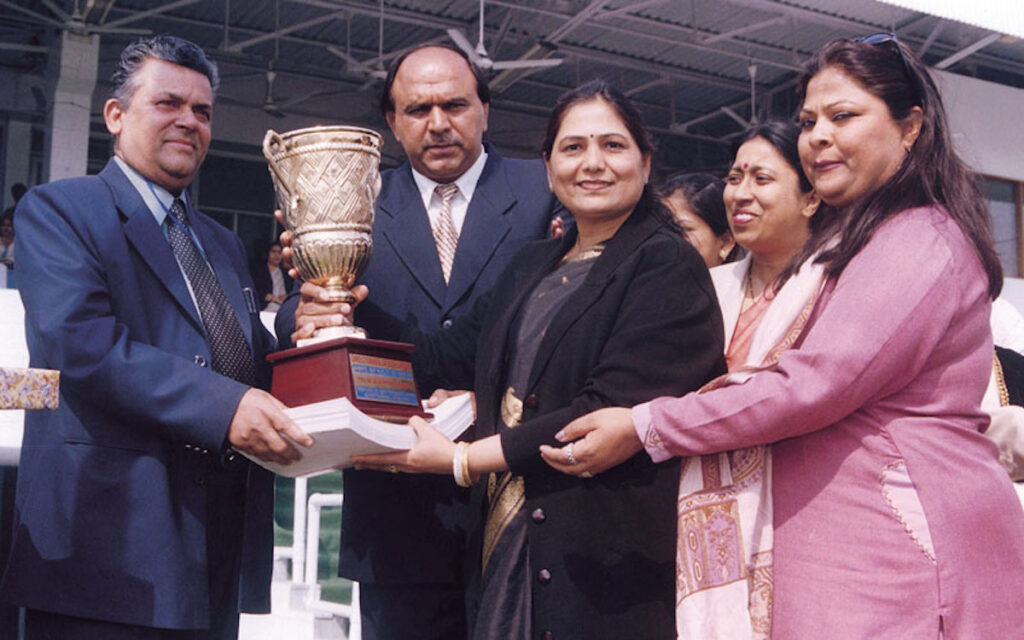
There are numerous specializations available for B.Tech (Bachelor of Technology) programs. Here are some of the popular ones:
Computer Science and Engineering (CSE)
- Focuses on computer systems, software development, and data processing.
- Subjects: Data Structures, Algorithms, Database Systems, Operating Systems.
Information Technology (IT)
- Emphasizes the use of computers to store, retrieve, transmit, and manipulate data.
- Subjects: Web Technologies, Software Development, Computer Networks, Information Security.
Electronics and Communication Engineering (ECE)
- Deals with electronic devices, circuits, communication equipment, and systems.
- Subjects: Analog Electronics, Digital Communication, Signal Processing, Microprocessors.
Mechanical Engineering (ME)
- Covers the design, manufacturing, and maintenance of mechanical systems.
- Subjects: Thermodynamics, Fluid Mechanics, Machine Design, Electronics Engineering and Manufacturing Processes.
Civil Engineering
- Involves the design, construction, and maintenance of infrastructure such as buildings, roads, and bridges.
- Subjects: Structural Analysis, Geotechnical Engineering, Transportation Engineering, Environmental Engineering.
Electrical Engineering (EE)
- Focuses on electrical systems, including power generation, transmission, and distribution.
- Subjects: Circuit Theory, Control Systems, Power Electronics, Electrical Machines.
Aeronautical Engineering
- Pertains to the design and development of aircraft and spacecraft.
- Subjects: Aerodynamics, Propulsion, Aircraft Structures, Flight Mechanics.
Chemical Engineering
- Chemical engineering combines physical sciences (physics and chemistry) with life sciences (biology and microbiology) and mathematics to produce, transform, and properly use chemicals, materials, and energy.
- Subjects: Process Design, Chemical Reaction Engineering, Heat Transfer, Mass Transfer.
Biotechnology
- Applies biological systems, living organisms, or derivatives to make or modify products or processes for specific use.
- Subjects: Genetic Engineering, Bioprocess Engineering, Molecular Biology, Bioinformatics.
Artificial Intelligence and Machine Learning
- Focuses on the development of intelligent machines and software that can learn and make decisions.
- Subjects: Automated Learning, Neural Networks, Natural Language Processing, Robotics.
Robotics and Automation
- Pertains to the design and creation of robots and automated systems.
- Subjects: Robotics Engineering, Control Systems, Automation Technologies, Embedded Systems.
Environmental Engineering
- Focuses on developing solutions to environmental problems using engineering principles.
- Subjects: Environmental Chemistry, Water Treatment, Waste Management, Air Pollution Control.
Petroleum Engineering
- Deals with the extraction of oil and gas from beneath the earth’s surface.
- Subjects: Reservoir Engineering, Drilling Engineering, Petroleum Geology, Production Technology.
Materials Science and Engineering
- Studies the properties of materials and how they can be used in various applications.
- Subjects: Materials Characterization, Composite Materials, Nanotechnology, Metallurgy.
Eligibility Criteria for B Tech Degree
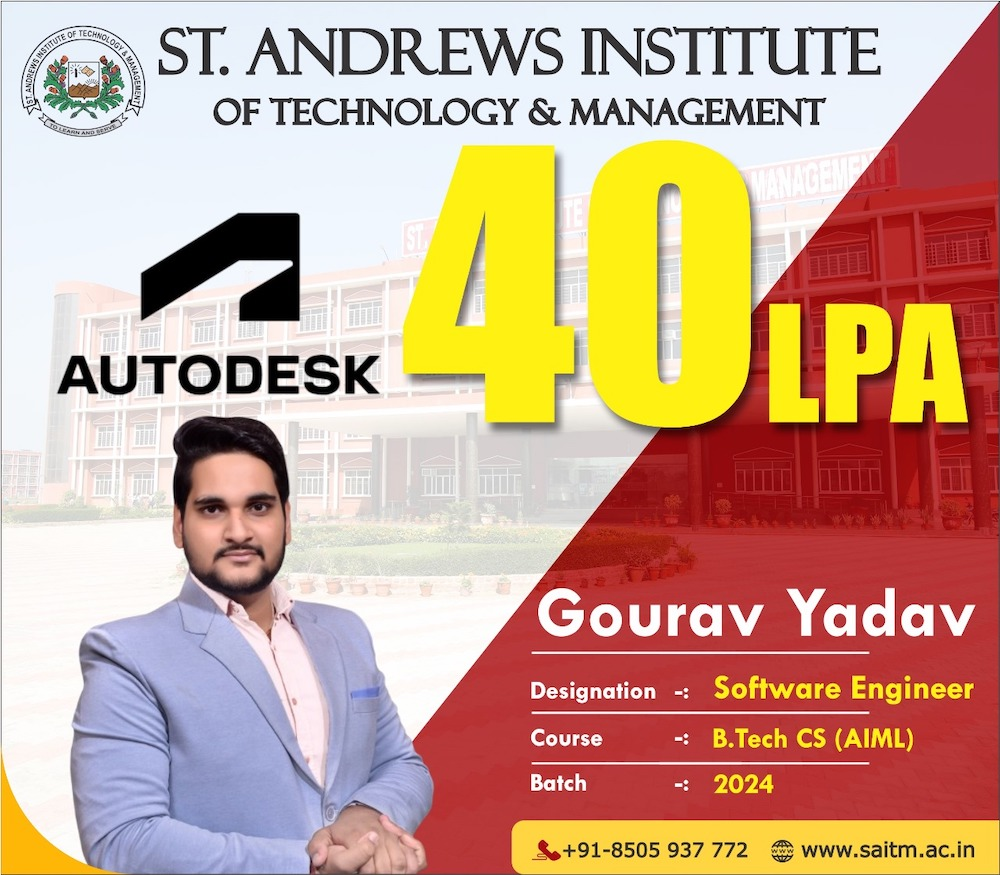
In India, the eligibility criteria for pursuing a B.Tech (Bachelor of Technology) degree generally include the following:
Educational Qualifications
- Higher Secondary Education:
- Completion of 10+2 or equivalent from a recognized board with a focus on Mathematics, Physics, and Chemistry (PCM).
- Minimum Marks:
- Typically, a minimum aggregate of 50% to 60% in PCM is required. Some institutions may have different criteria based on their admission policies.
Entrance Examinations
- National Level Exams
- JEE Main: Joint Entrance Examination Main, conducted by NTA (National Testing Agency). It is a common entrance test for many B.Tech colleges in India.
- JEE Advanced: For admission into IITs. Candidates must qualify JEE Main to appear for JEE Advanced.
- State-Level Exams
- Various states conduct their own entrance examinations for admission into state top btech colleges. Examples include MHT-CET (Maharashtra), WBJEE (West Bengal), and KCET (Karnataka).
- Institutional Exams
- Several private and deemed-to-be universities host their proprietary entrance exams for admissions. Notable examples include BITSAT (Birla Institute of Technology and Science Admission Test) and VITEEE (VIT Engineering Entrance Examination), among others.
Age Limit
- Generally, candidates should be between 17 and 25 years of age. However, this can vary by institution and entrance exam.
Additional Requirements
- Language Proficiency
- Proficiency in English is often required, especially for institutions that have English as the medium of instruction.
- Physical Fitness
- While not always mandatory, some institutions may require a medical fitness certificate to ensure the candidate is physically fit for the course.
- Domicile Requirements
- Some state universities may have domicile requirements or preferences for local residents.
Special Considerations
- Reservation Quotas: There are reservation quotas for different categories such as SC/ST/OBC/EWS (Economically Weaker Sections), and some seats are reserved for physically handicapped candidates.
- Management Quota: Many private Btech colleges offer seats under a management quota, which may have different criteria and higher fees.
Admission Process for B Tech
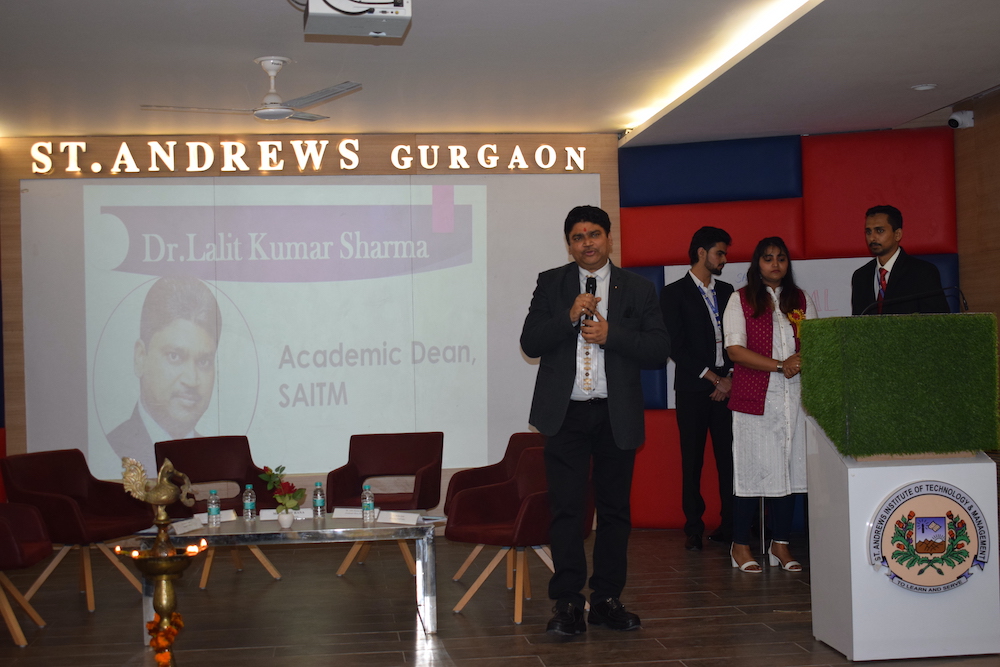
Here’s a general overview of the admission process:
1. Eligibility Check
- Ensure you meet the educational qualifications (10+2 with PCM) and minimum marks required by the institution or entrance exam.
2. Entrance Exams
- National Level Exams: Register for and appear in national entrance examinations like JEE Main or JEE Advanced.
- State-Level Exams: Register for state-specific exams like MHT-CET, WBJEE, or KCET if applicable.
- Institutional Exams: If applying to private or deemed-to-be universities, take their specific entrance tests like BITSAT, VITEEE, etc.
3. Application Process
- Fill Out Application Forms: For entrance exams and institutions. Forms are usually available online or at designated centers.
- Submit Required Documents: This may include your 10+2 mark sheets, entrance exam scores, identity proof, photographs, and caste certificates (if applicable).
4. Entrance Exam Results
- Check the results of the entrance exams. Your rank or score will determine your eligibility for further steps in the admission process.
5. Counseling and Seat Allocation
- Guidance Sessions: Participate in counseling sessions conducted by the respective exam authorities or institutions. Counseling involves choosing your preferred college and branch based on your rank and availability.
- Seat Allotment: Based on your rank and preferences, you will be allocated a seat in a college. You might need to attend multiple rounds of counseling to secure a seat.
6. Document Verification
- Submit Documents: Once a seat is allocated, submit required documents for verification at the designated counseling center or college.
- Verify Eligibility: Institutions will verify your eligibility, including marks, age, and other criteria.
7. Admission Confirmation
- Pay Admission Fees: After document verification, pay the required admission fees to confirm your seat.
- Complete Formalities: Complete any additional formalities required by the institution, such as hostel allotment or submission of original documents.
8. Commencement of Classes
- Attend orientation programs and classes as per the schedule provided by the institution.
Top B Tech Entrance Exams
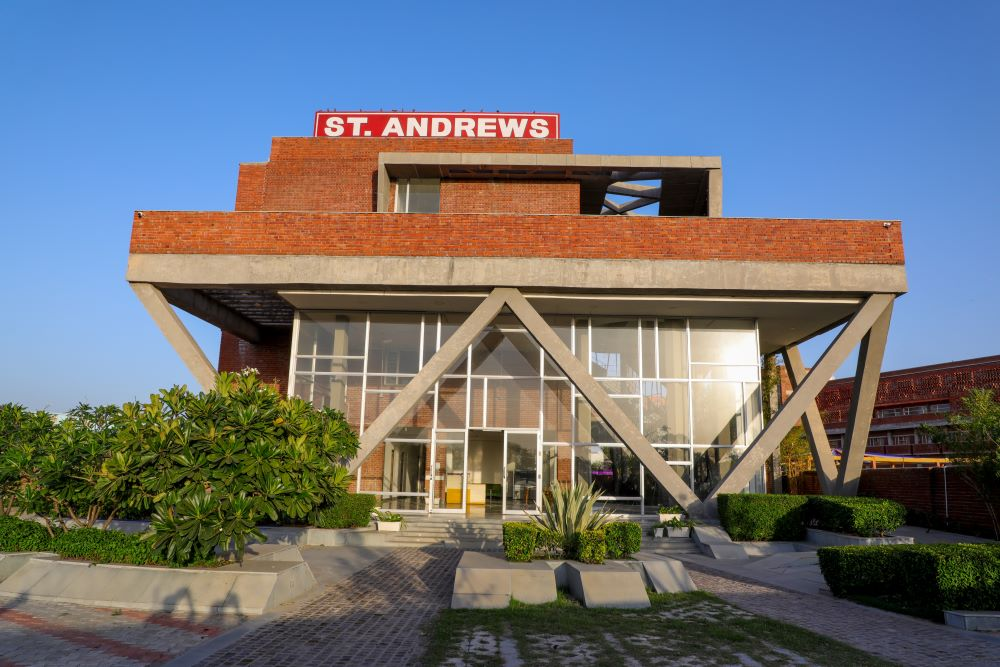
Here are some of the top B.Tech entrance exams in India:
JEE Main:
Joint Entrance Examination Main, conducted by NTA, is a major national-level test for admission to various engineering colleges, including NITs, IIITs, and other top institutions.
JEE Advanced:
Joint Entrance Examination Advanced, for admission to the Indian Institutes of Technology (IITs). Only JEE Main qualifiers can sit for this exam.
BITSAT
Birla Institute of Technology and Science Admission Test, for admission to B Tech programs at BITS Pilani, BITS Goa, and BITS Hyderabad.
VITEEE
VIT Engineering Entrance Examination, conducted by VIT University for admission to its B Tech programs.
KIITEE
KIIT Entrance Examination, for admission to various engineering courses at KIIT University.
WBJEE
West Bengal Joint Entrance Examination, for admission to engineering colleges in West Bengal.
MHT CET
Maharashtra Common Entrance Test, for admission to engineering colleges in Maharashtra.
COMEDK UGET
Consortium of Medical, Engineering, and Dental Colleges of Karnataka Under Graduate Entrance Test, for admission to private engineering colleges in Karnataka.
UPESEAT
University of Petroleum and Energy Studies Engineering Aptitude Test, for admission to engineering programs at UPES Dehradun.
BTech Syllabus and Curriculum
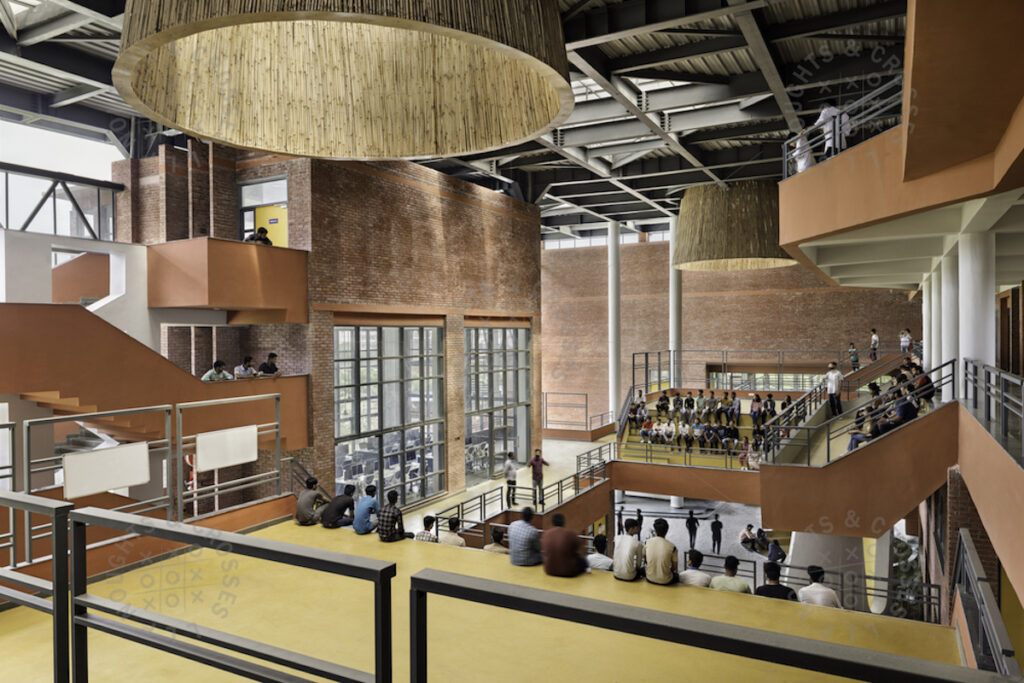
Here’s a general overview of B Tech Syllabus and Curriculum:
1. Core Subjects
Common Core Subjects for All Specializations
- Mathematics
- Calculus, Linear Algebra, Differential Equations, Probability, and Statistics.
- Physics
- Mechanics, Electromagnetism, Optics, Thermodynamics.
- Chemistry
- General Chemistry, Organic Chemistry, Inorganic Chemistry.
- Engineering Mechanics
- Statics, Dynamics, Strength of Materials.
- Computer Programming
- Basic Programming, Data Structures, Algorithms.
- Electrical Engineering Basics
- Circuits, Control Systems, Electrical Machines.
- Engineering Drawing and Graphics
- Technical Drawing, CAD (Computer-Aided Design).
- Environmental Science
- Environmental Engineering, Sustainable Development.
Specialization-Specific Core Subjects
- Computer Science and Engineering
- Programming Languages (C, C++, Java), Operating Systems, Database Management Systems, Computer Networks, Software Development, Artificial Intelligence, Automated Learning, Data Analytics.
- Mechanical Engineering
- Mechanical engineering encompasses various disciplines, including Thermodynamics, Fluid Mechanics, Machine Design, Manufacturing Processes, Heat Transfer, and Kinematics and Dynamics of Machinery.
- Civil Engineering
- Civil engineering encompasses various disciplines, including Structural Analysis, Building Materials, Surveying, Geotechnical Engineering, Transportation Engineering, and Environmental Engineering.
- Electrical Engineering
- Electrical Circuits, Power Systems, Electrical Machines, Control Systems, Power Electronics, Signal Processing.
2. Electives
- General Electives
- Humanities and Social Sciences, Engineering Economics, Entrepreneurship.
- Specialization Electives
- Advanced topics related to the specific field of study, such as Advanced Data Analytics for Computer Science Engineering, Advanced Structural Design for Civil Engineering, etc.
3. Applied Training
- Laboratory Work
- Hands-on experiments and practical sessions in subjects like Physics, Chemistry, Electronics, and Computer Programming.
- Workshops
- Practical workshops in areas such as machine tools, welding, electronics assembly.
- Industrial Training/Internships
- Summer or winter internships at companies or industries to gain real-world experience.
4. Project Work
- Minor Projects
- Typically undertaken in the 3rd or 4th semester, focusing on applying theoretical knowledge to solve practical problems.
- Major Project
- A comprehensive project usually done in the final year, often involving research and development, design, and implementation.
5. Soft Skills and Management
- Communication Skills
- Technical and non-technical communication, presentation skills.
- Management
- Basic project management, engineering economics.
6. Assessment and Evaluation
- Examinations
- Mid-term and end-of-semester exams for theoretical subjects.
- Practical Assessments
- Lab work and project evaluations.
- Assignments and Presentations
- Regular assignments and presentations to assess understanding and application of concepts.
Top Government Colleges for Btech in India
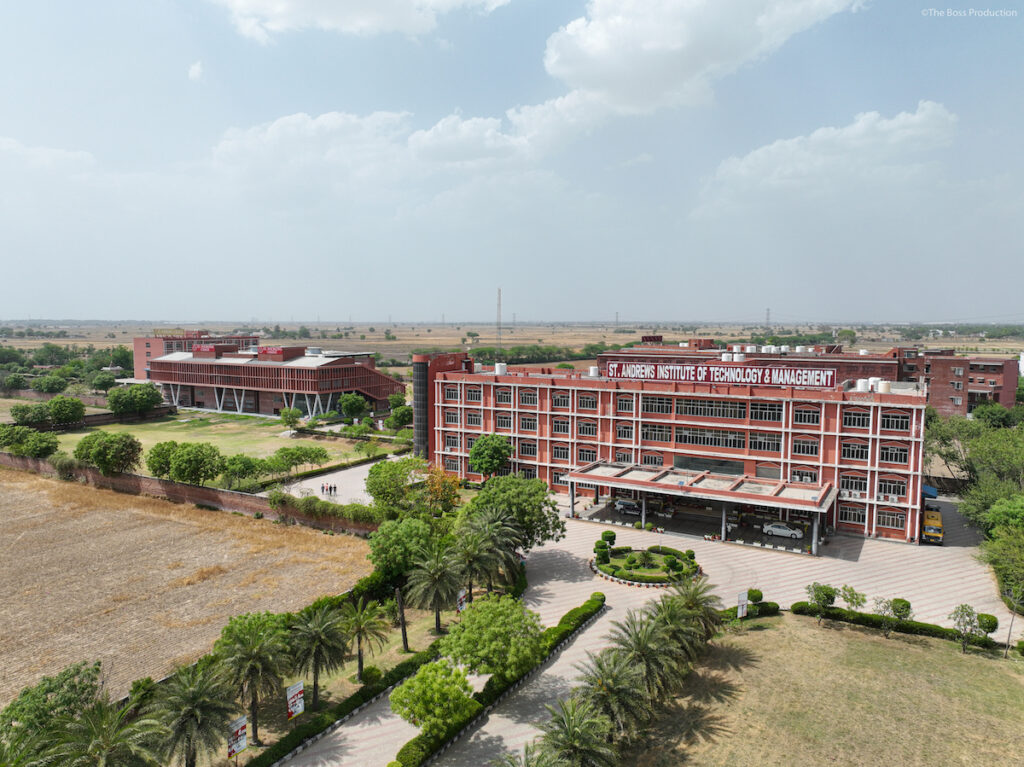
Here’s a list of some of the top government colleges in India, known for their B.Tech programs:
Delhi Technological University (DTU)
- Location: New Delhi
- Highlights: Formerly known as Delhi College of Engineering, DTU is a premier engineering institution with a diverse range of engineering programs. It has excellent infrastructure and strong industry connections.
St. Andrews Institute of Technology and Management {SAITM}
- Location: Gurgaon, Haryana
- Highlights: Known for its engineering programs, SAITM has a strong focus on practical training and industry connections. It offers a range of engineering fields and has a good placement record.
Punjab Engineering College (PEC)
- Location: Chandigarh
- Highlights: PEC offers various engineering disciplines and is known for its research and development initiatives. It has a strong alumni network and good placement opportunities.
Jawaharlal Nehru Technological University (JNTU)
- Location: Hyderabad, Telangana
- Highlights: JNTU is known for its engineering programs and research facilities. It has multiple campuses across Telangana and offers a wide range of engineering specializations.
Government College of Engineering (GCE), Pune
- Location: Pune, Maharashtra
- Highlights: GCE Pune is known for its engineering programs, with strong industry connections and research facilities.
Government Engineering College, Kozhikode
- Location: Kozhikode, Kerala
- Highlights: Offers various engineering fields with a focus on practical education and industry linkages.
College of Engineering, Guindy (CEG)
- Location: Chennai, Tamil Nadu
- Highlights: One of the oldest engineering institutions in India, CEG offers a range of engineering programs and has a rich history of academic excellence.
Government Engineering College, Jabalpur
- Location: Jabalpur, Madhya Pradesh
- Highlights: Known for its B Tech programs research activities, it has strong industry connections and a good placement record.
Government College of Engineering, Nagpur
- Location: Nagpur, Maharashtra
- Highlights: Offers a variety of engineering specializations with a focus on research and practical training.
Government Engineering College, Bilaspur
- Location: Bilaspur, Chhattisgarh
- Highlights: Known for its engineering programs and research activities, it has a good reputation in the region.
Top Private Colleges for B Tech Degree
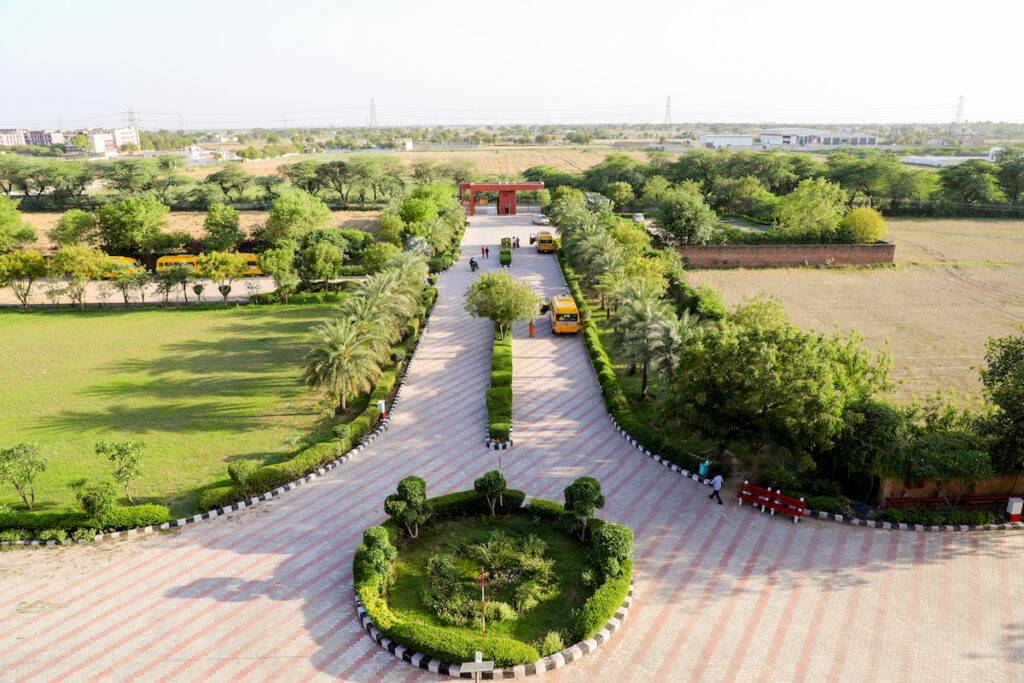
Here’s a list of some of the top private B Tech colleges in India, known for their B.Tech programs:
St. Andrews Institute of Technology and Management [SAITM]
- Location: Gurgaon, Haryana
- Highlights: Known for its focus on practical training, industry connections, and a range of engineering fields.
BITS Pilani
- Location: Pilani, Rajasthan
- Highlights: One of the most prestigious private engineering institutes in India, known for its strong academic curriculum and research opportunities.
VIT University (VIT)
- Location: Vellore, Tamil Nadu
- Highlights: Offers a range of engineering programs with a strong emphasis on research and innovation. Known for its VITEEE entrance exam.
Bharati Vidyapeeth Deemed University
- Location: Pune, Maharashtra
- Highlights: Known for its engineering programs and strong focus on research and development.
PES University
- Location: Bangalore, Karnataka
- Highlights: Offers a range of engineering fields with a strong emphasis on innovation and practical learning.
Career Opportunities After B Tech
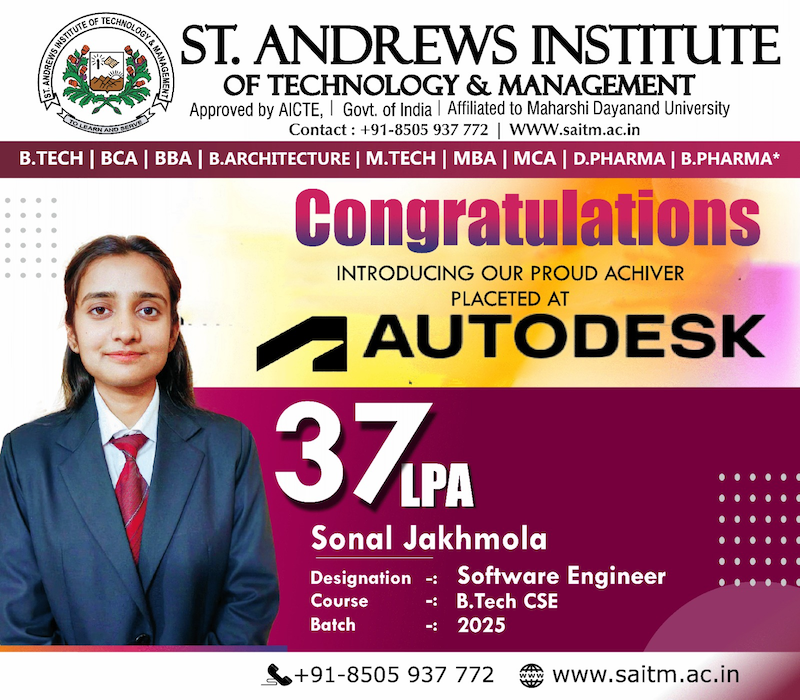
After completing a B.Tech, numerous career opportunities are available across various fields. Here are some prominent options:
Software Engineering
Develop software, applications, and systems for tech companies.
Resesrch Analytics
Analyze data to provide insights and drive decision-making.
Cybersecurity
Protect systems and networks from security threats and breaches.
Consulting
Provide expertise and solutions in technology and management.
Engineering Management
Oversee projects and teams in engineering fields.
Research and Development
Work on innovative technologies and solutions in various industries.
Higher Studies
Pursue a Master’s degree (MTech, M.S.) or an MBA for advanced career prospects.
Entrepreneurship
Start your own tech or engineering-related business.
Public Sector Jobs
Apply for positions in government and public sector enterprises.
Teaching and Academia
Teach at educational institutions or engage in academic research.
Job opportunities for BTech Graduates
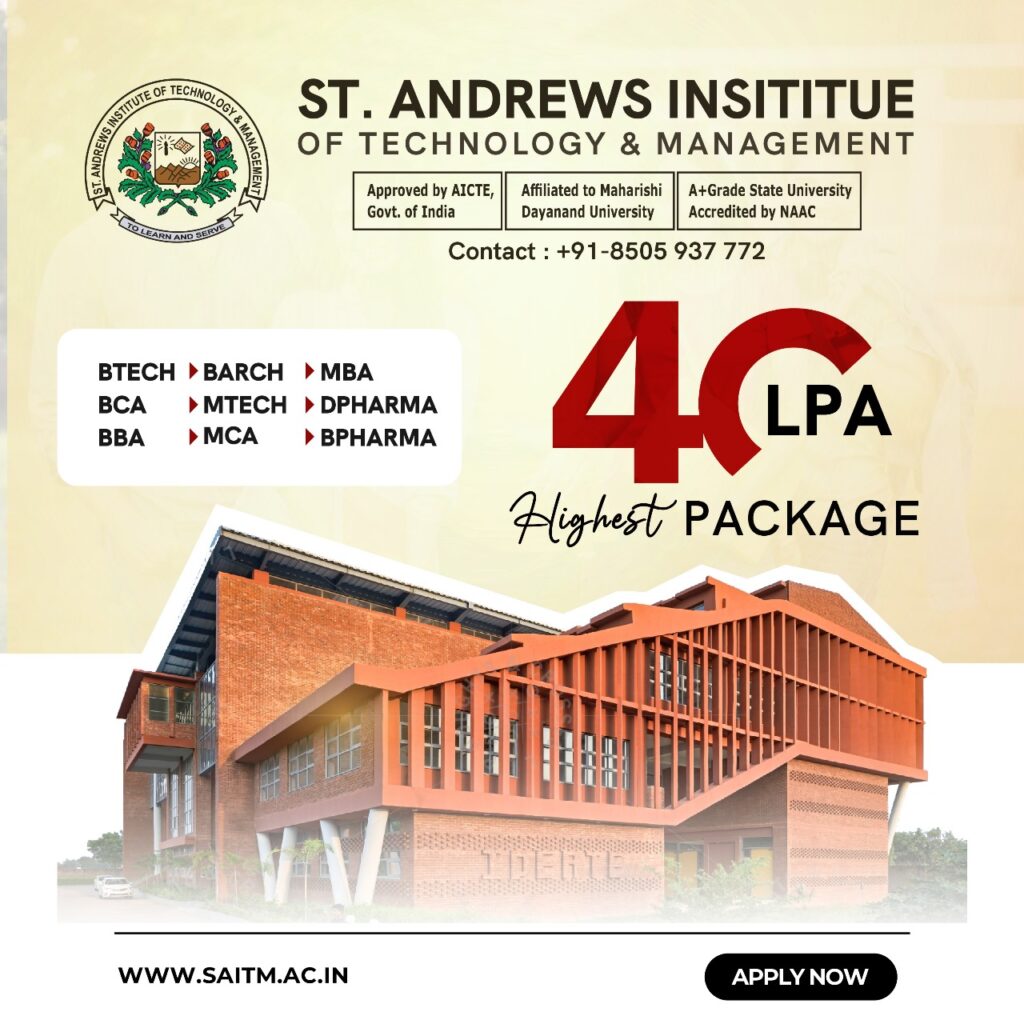
Here’s a list of common job opportunities that BTech graduates might pursue, depending on their specialization:
Software Engineering and IT
Software Developer/Engineer: Designing, developing, and maintaining software applications and systems.
Web Developer: Creating and maintaining websites and web applications.
Database Administrator: Managing and maintaining databases to ensure their efficiency and security.
System Analyst: Analyzing and improving computer systems and processes.
Network Engineer: Designing and maintaining network infrastructure and ensuring network security.
DevOps Engineer: Combining software development and IT operations to enhance efficiency and performance.
Cloud Engineer: Managing cloud infrastructure and services.
Engineering (Mechanical, Civil, Electrical, etc.)
Mechanical Engineer: Designing and analyzing mechanical systems and machinery.
Civil Engineer: Planning, designing, and supervising construction projects such as buildings, roads, and bridges.
Electrical Engineer: Working with electrical systems, including power generation and distribution.
Structural Engineer: Designing and analyzing the structural integrity of buildings and bridges.
Automotive Engineer: Designing and developing vehicles and their systems.
Data Analytics
Research Analyst: Analyzing and interpreting complex data to help organizations make informed decisions.
Data Scientist: Using statistical methods and automated learning to analyze and interpret large datasets.
Business Intelligence Analyst: Developing and managing BI solutions to support decision-making processes.
Consulting and Management
Management Consultant: Advising organizations on business strategies and operations to improve efficiency and effectiveness.
Project Manager: Planning, executing, and closing projects, ensuring they meet deadlines and budgets.
Operations Manager: Overseeing daily operations and optimizing processes within an organization.
Research and Development (R&D)
R&D Engineer: Conducting research and developing new products, technologies, or processes.
Innovation Manager: Driving innovation and implementing new technologies or methodologies.
Telecommunications
Telecom Engineer: Designing, installing, and maintaining telecommunications systems.
Network Administrator: Managing and supporting an organization’s network infrastructure.
Finance and Banking
Financial Analyst: Analyzing financial data and trends to provide investment and business recommendations.
Risk Analyst: Assessing and managing financial risks for an organization.
Healthcare Technology
Biomedical Engineer: Designing and maintaining medical devices and systems.
Health IT Specialist: Managing and implementing technology solutions in healthcare settings.
Manufacturing and Production
Production Engineer: Overseeing and improving manufacturing processes and operations.
Quality Assurance Engineer: Ensuring products meet quality standards and specifications.
Energy and Utilities
Energy Analyst: Analyzing and managing energy consumption and resources.
Utility Engineer: Working with infrastructure related to water, gas, and electricity distribution.
Startup and Entrepreneurship
Startup Founder/Co-founder: Launching and managing new business ventures or startups.
Product Manager: Overseeing the development and lifecycle of a product.
Teaching and Academia
Lecturer/Professor: Teaching engineering subjects at educational institutions and contributing to research.
Top Recruiters for BTech Graduates
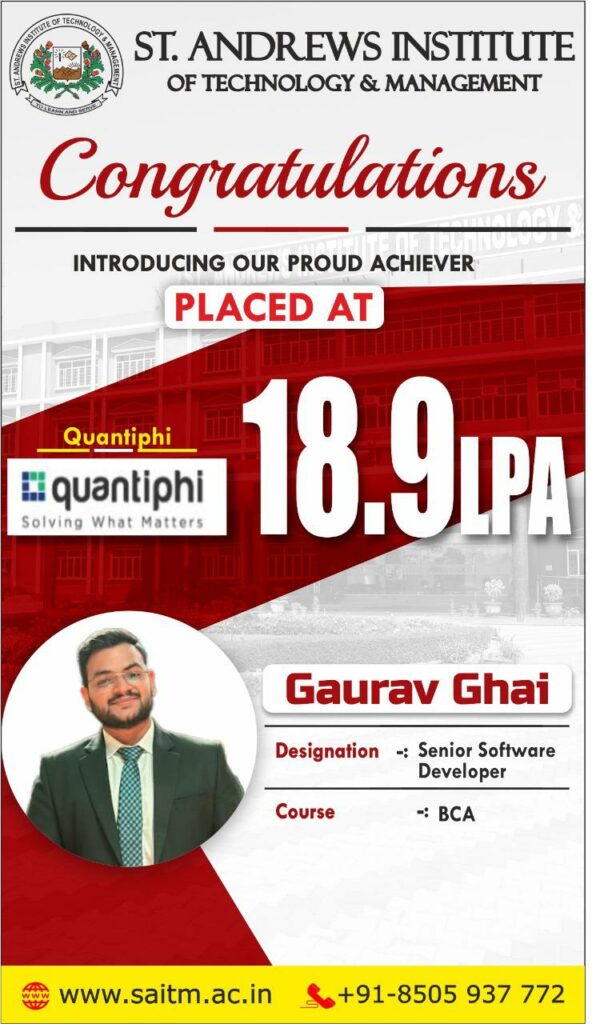
Here are some of the leading companies that frequently hire B.Tech graduates in India:
Technology and IT Companies
Tata Consultancy Services (TCS)
Infosys
Wipro
HCL Technologies
Cognizant Technology Solutions
IBM India
Accenture
Capgemini
Tech Mahindra
Oracle
Software and Internet Companies
Microsoft
Amazon
Facebook (Meta)
Apple
Adobe
Salesforce
PayPal
Engineering and Manufacturing Companies
Larsen & Toubro (L&T)
Siemens
General Electric (GE)
Bharat Heavy Electricals Limited (BHEL)
Mahindra & Mahindra
Bosch
ABB
Schneider Electric
Consulting Firms
Deloitte
PricewaterhouseCoopers (PwC)
Ernst & Young (EY)
KPMG
McKinsey & Company
Boston Consulting Group (BCG)
Financial Services
Goldman Sachs
JP Morgan Chase
Morgan Stanley
HSBC
ICICI Bank
HDFC Bank
State Bank of India (SBI)
Telecommunications Companies
Bharti Airtel
Reliance Jio
Vodafone Idea
BSNL (Bharat Sanchar Nigam Limited)
E-Commerce and Retail
Flipkart
Snapdeal
Myntra
Jabong
Automotive and Aerospace
Ford
Toyota
Hyundai
Airbus
Boeing
Startups and Emerging Companies
Ola
Zomato
Swiggy
Byju’s
Paytm
Public Sector Enterprises
Indian Oil Corporation (IOC)
Oil and Natural Gas Corporation (ONGC)
National Thermal Power Corporation (NTPC)
Steel Authority of India Limited (SAIL)
Average Salary for B Tech Graduates
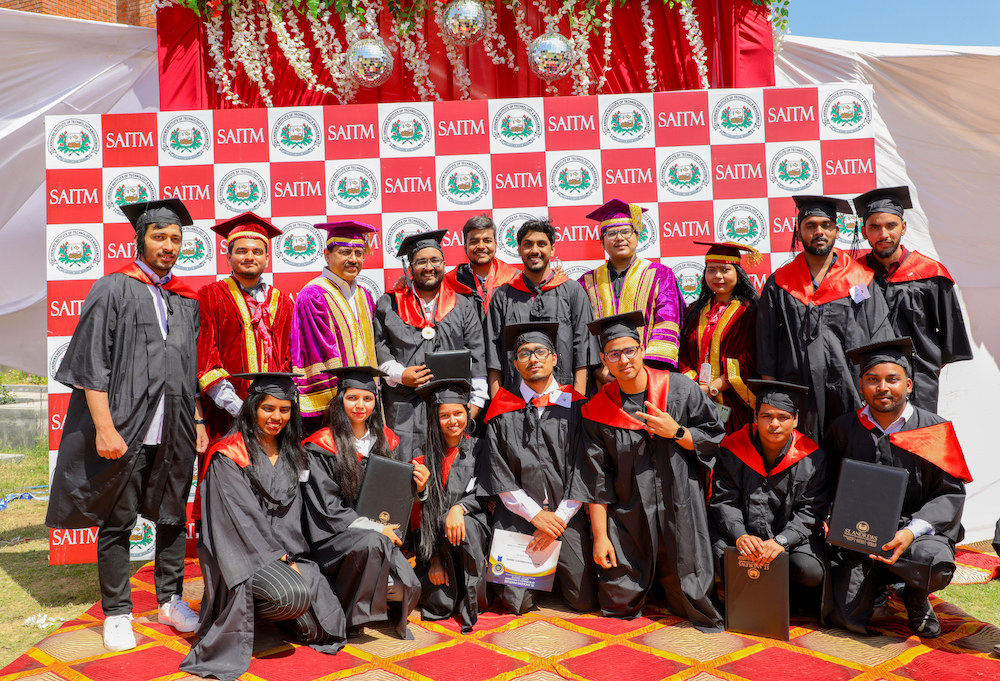
Here’s a general overview:
Entry-Level Salary
General Range: ₹3,00,000 – ₹6,00,000 per annum
Popular Specializations: Computer Science, IT, Electronics
Mid-Level Salary
General Range: ₹6,00,000 – ₹12,00,000 per annum
Popular Specializations: Computer Science, Electrical, Mechanical, Electronics
Senior-Level Salary
General Range: ₹12,00,000 – ₹25,00,000 per annum
Popular Specializations: Software Development, Data Analytics, Consulting
Specialized Roles
Data Science/Analytics: ₹10,00,000 – ₹20,00,000 per annum
Cybersecurity: ₹8,00,000 – ₹18,00,000 per annum
AI/Machine Learning: ₹12,00,000 – ₹25,00,000 per annum
Impact of Location
Tier 1 Cities (e.g., Bangalore, Mumbai, Delhi): Salaries are generally higher due to the cost of living and demand for skilled professionals.
Tier 2 and 3 Cities: Salaries might be lower compared to Tier 1 cities.
Company Type
MNCs and Tech Giants (e.g., Google, Microsoft): Higher salary ranges.
Startups and Small to Medium Enterprises: Often offer competitive salaries but might vary more widely.
FAQs
What is the BTech course duration?
The duration of a Bachelor of Technology (B.Tech) course is typically four years, comprising eight semesters. Each semester lasts around six months, featuring a blend of theoretical classes, practical lab sessions, and project work. The initial semesters focus on foundational engineering subjects, while later semesters offer specialized courses in the chosen field. Some B Tech courses include internships or industrial training for hands-on experience. This structured approach ensures that students gain comprehensive knowledge and skills, preparing them for professional careers or further studies in engineering and technology.
What is the degree of BTech?
A Bachelor of Technology (B.Tech) is an undergraduate academic degree awarded for completing a B Tech degree in engineering and technology. Spanning four years, the curriculum covers theoretical and practical aspects of various engineering fields such as Computer Science, Mechanical, Electrical, Civil, and Electronics. The B.Tech degree is designed to develop problem-solving skills, foster innovation, and build technical and practical training. BTech Graduates are well-prepared for careers in industries, research, and development or for pursuing higher studies. Admission typically requires passing competitive entrance exams and meeting specific academic qualifications. The B.Tech degree is recognized globally and provides a robust foundation for a professional engineering career, offering a comprehensive engineering education that equips graduates with essential skills and knowledge.
Can I do BTech after 12th?
Yes, you can pursue a Bachelor of Technology (B.Tech) after completing 12th grade. To be eligible, you typically need to have studied Science with Mathematics, Physics, and Chemistry as core subjects. Admission is often based on performance in national or state-level entrance exams such as JEE Main, JEE Advanced, or state-specific exams. Some private institutions may also conduct their own entrance tests. Successfully clearing these exams and meeting the specific academic criteria set by the institutions will enable you to enroll in a B.Tech program. During the four-year course, you’ll receive comprehensive training in various engineering fields, gaining not only theoretical insights but also practical knowledge essential for real-world applications.
What is the qualification for BTech?
To qualify for a Bachelor of Technology BTech course, you must have completed 12th grade (or equivalent) with a strong foundation in Science, specifically with Physics, Chemistry, and Mathematics as core subjects. Typically, a minimum aggregate score of 50-60% in these subjects is required, though this can vary by institution. Admission usually hinges on performance in national or state-level entrance exams like JEE Main, JEE Advanced, or state-specific tests. Some private colleges may have their own entrance exams. Additionally, candidates may need to meet specific age criteria and other eligibility conditions set by individual institutions.
What is the BTech salary?
The salary for Bachelor of Technology (B.Tech) graduates varies based on factors like specialization, location, and experience. Entry-level salaries typically range from ₹3 to ₹6 lakhs per annum. BTech Graduates from top institutions or those with in-demand skills, such as in Computer Science or Electronics, can start at higher ranges, often between ₹6 to ₹12 lakhs per annum. With 5-10 years of experience, mid-level professionals can earn between ₹8 to ₹20 lakhs annually. Senior-level positions or those in managerial roles may see salaries exceeding ₹20 lakhs per annum. Location, industry, and company reputation also significantly impact salary levels.

